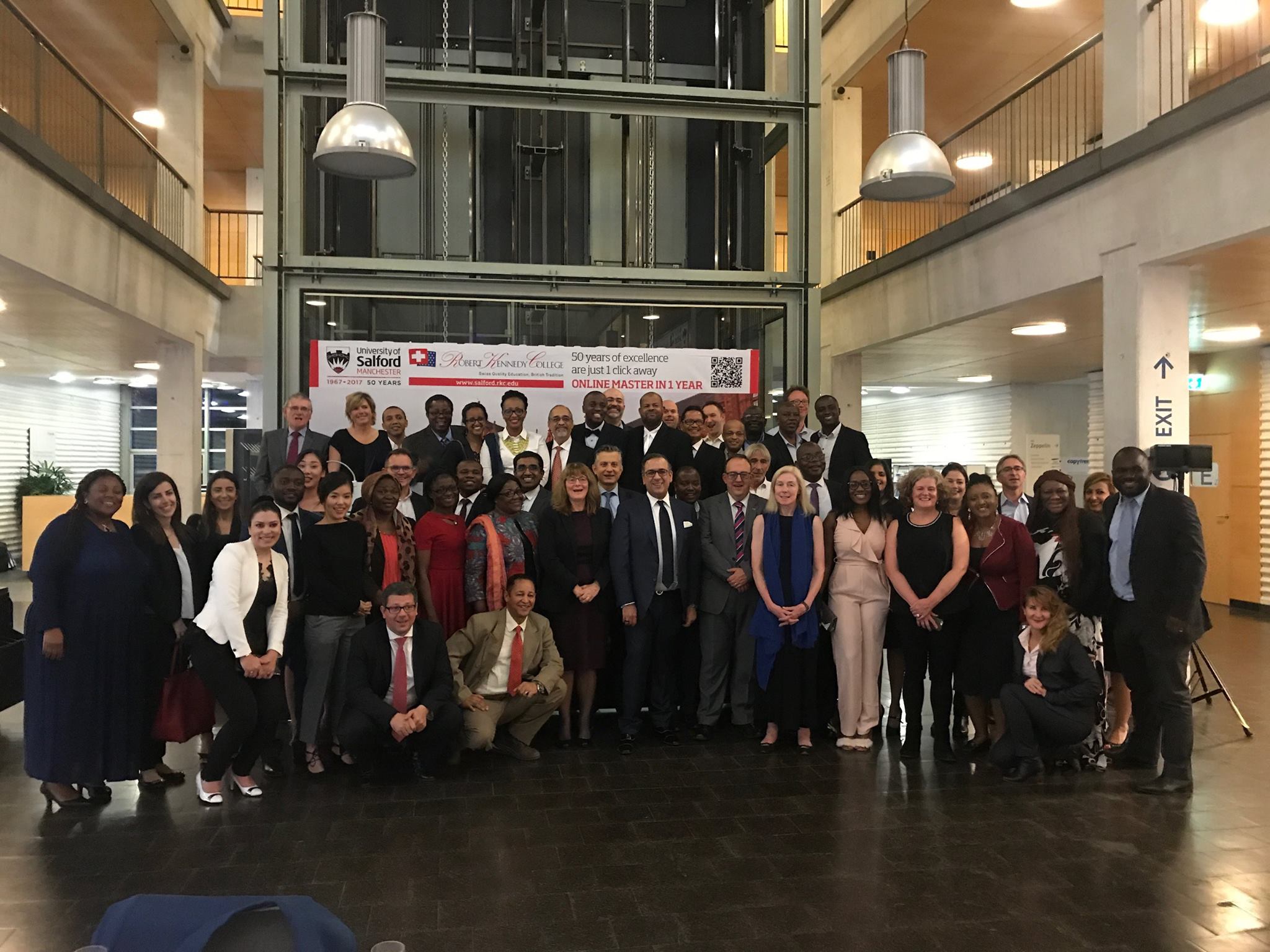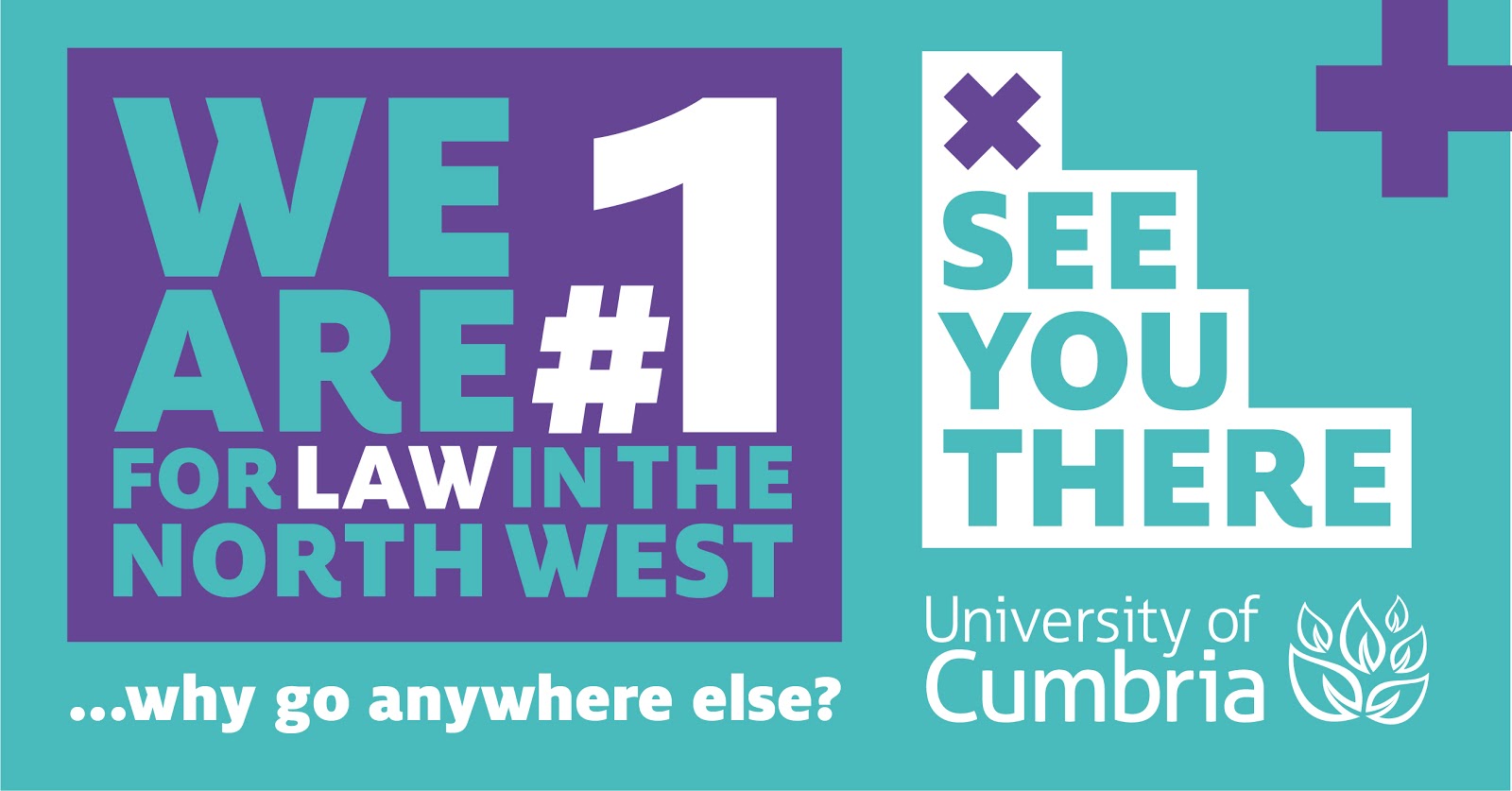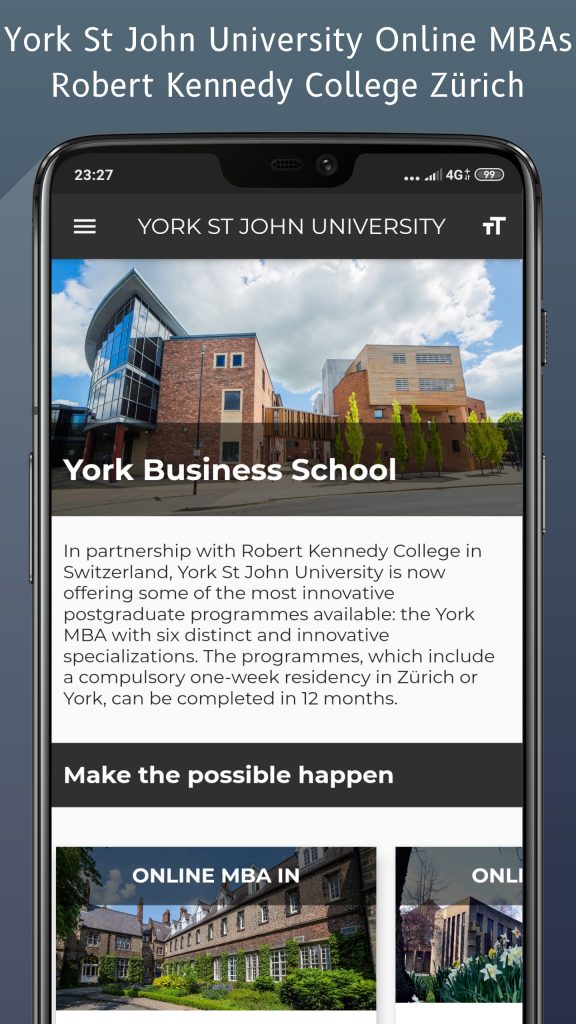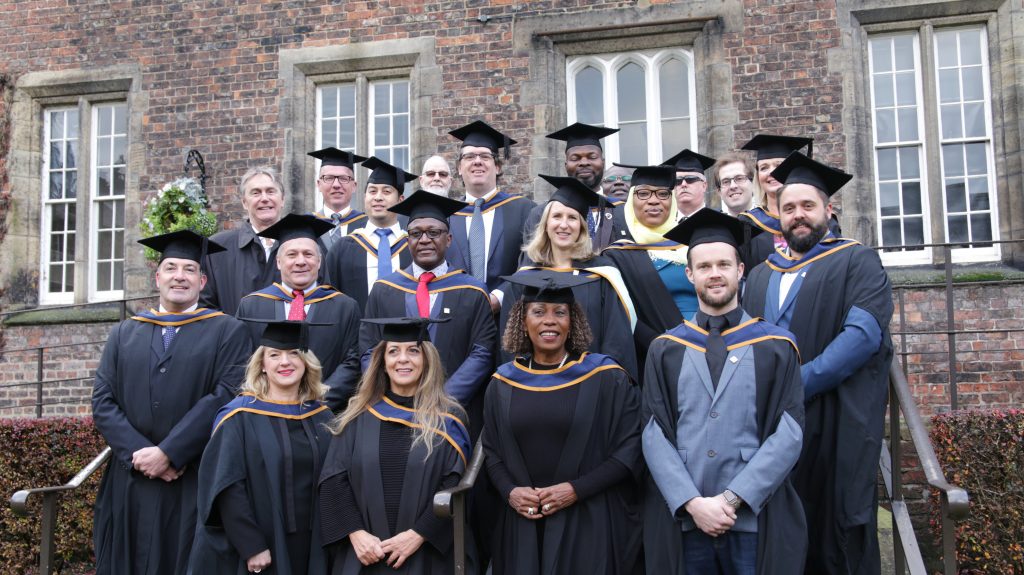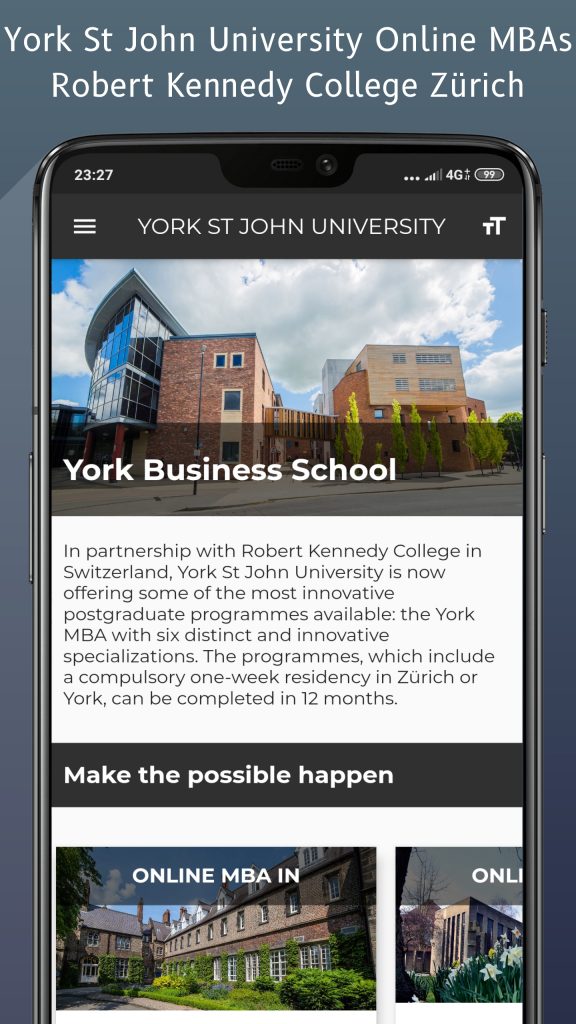As we continue the International Women’s Day series, this week we are talking about Derrylee M. Rankin – a double RKC Graduate. Without further ado, let’s hear her inspirational story.

Vidhi Kapoor (VK): Who are you, really?
Derrylee M. Rankin (DMR): Learning is an integral part of growing. My aspiration in life is to continue crafting my passions, building interpersonal relationships and being a leader who leads by example.
I thrive in culture and commerce environments geared towards outstanding results that lead to profitability and overall success for any organization that I am part of. I prefer to work on tasks that challenge me intellectually.
Akin to raising my two sons Fabio and Jacob as a single mother; the same dedication was applied to my decision of becoming a Graduate student. I obtained a Master’s Degree in Leading Innovation and Change from York St. John University in York, England and a PG Diploma in International Commercial Law at the University of Salford, Manchester. [Editor’s note: both degrees in exclusive partnership with RKC]
VK: Which programme did you do? Why?
DMR: MA Leading Innovation and Change
PG Diploma International Commercial Law
VK: What was the driving force behind your enrolling for an online degree? Who inspired you? What motivated you?
DMR: For years, I was prevented from receiving promotions or salary increases because I had not obtained a college degree. This was quite stressful and embarrassing as I was capable of doing the job, in fact in some cases I was already doing the job, just not being paid or recognized.
My two sons were witnessing me working two and sometimes three jobs and I knew it had a negative effect on them. I was determined to make a positive change in our lives and further my education.
VK: What were the thoughts/situations/people/challenges holding you back from starting (if any)? How did you overcome them?
DMR: Unfortunately, I dropped out of college twice due to my struggles as a single parent suffering from depression. Depression affected my motivation and commitment. The lack of funds and family support was also a factor. I realized that it was time to find the strength and courage to get my degree and have a positive influence on my two sons.
VK: Do you feel there are unique challenges women face when deciding to get back into education?
DMR: My challenge as a woman was a combination of working a fulltime job and raising my children. I had to find ways to prioritize my school projects, submitting work deadlines on time while handling all of the responsibilities as a fulltime single mother. There were many long nights.
VK: Any particular challenges to being a woman and studying online, or do you think all students face the same ones?
DMR: I believe we all face particular challenges while studying.
VK: Anything else you would like to add that could help with the goal of increasing women’s participation/access to a Master’s degree?
DMR: Do your research, ask many questions and seek help from your professors and classmates.
My professors were extremely helpful and very encouraging, I am forever grateful.
VK: What surprised you the most when you started your studies?
DMR: I was surprised by the support that I received from my classmates and professors. They pushed me to overcome many obstacles.
VK: What is the single most important thing you learned during the programme?
DMR: I learned that self-value and confidence come from within. My classmates and professors were very supportive and inspired me to push forward. Our group projects also helped me to express myself and contribute my ideas with confidence.
VK: How did you balance work and studies?
DMR: I had to do most of my studies at night and on the weekends. I was also fortunate to be working for a Government Department that offered a few study leave days.
VK: What’s new in your life since graduating/starting your studies? Any visible impact already?
DMR: Since graduating I see myself as a worthy individual. I have been given workforce opportunities that I could not have imagined prior to obtaining my degree.
VK: Anything you are doing differently now because of the things you learned?
DMR: Yes, I have improved my leading/management skills. I communicate much better and always aim to ensure that my objectives are clear and concise.
VK: Do you feel that getting a Master’s degree or doing other online programmes can reduce gender discrimination in the workplace?
DMR: Absolutely.
VK: Imagine you could send a message back in time to your pre-degree self: what would it be?
DMR: Have the confidence to believe in yourself and do not procrastinate.
VK: Imagine you could send an object back in time to your pre-degree self: what would it be?
DMR: My framed Master’s Degree. 🙂

I don’t know about you, but hearing the truly powerful and inspirational stories of these two MALIC graduates (Renata and Derrylee), I feel encouraged and motivated to take bolder steps to make a better life for myself and my family. Watch this space as more motivational stories are coming your way.
If you too feel a Master’s degree may help improve your career progression opportunities, your self-confidence and self-worth, now’s as good a time as ever to get started. Sure, the times are particularly uncertain these days with half the world on lockdown and the other half biding their time, but we and our University partners are doing our best to support students during this period even adapting the face-to-face requirements to allow for online delivery using technology. Talk to our team of Educational Advisers today and see what we can do for you.









